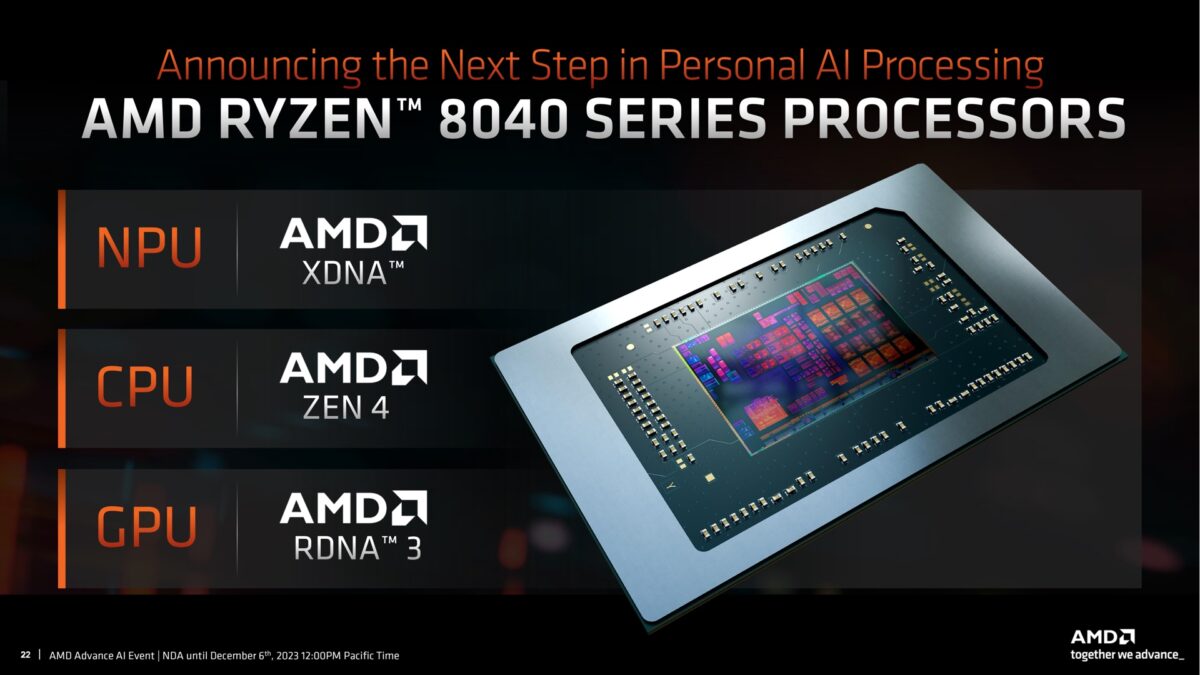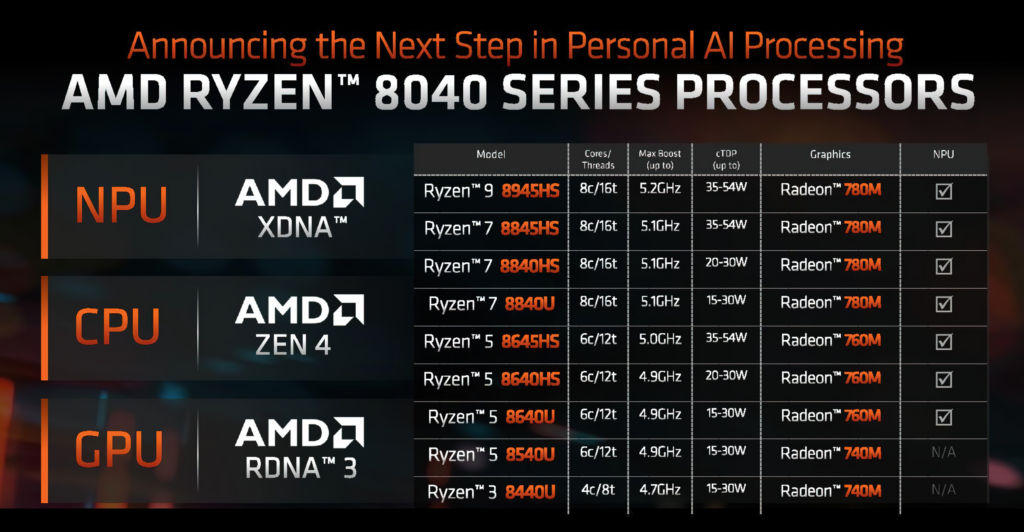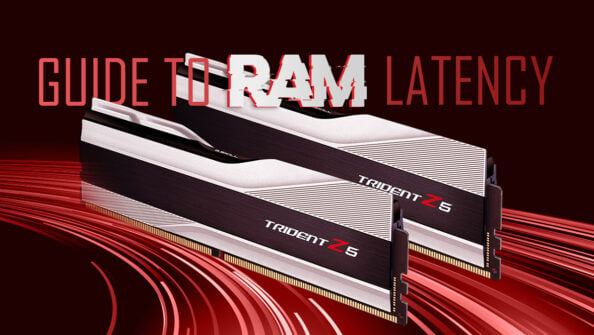A whopping nine new Ryzen 8040 series mobile APUs — codenamed “Hawk Point” — have just been announced by AMD but, unless you’re partial to certain AI-related advancements, there’s very little, if anything, to get excited about. The timing of this reveal is quite telling, too, seeing how Intel’s own Meteor Lake CPUs are scheduled to come out in less than a week and will supposedly feature some rather impressive AI chops as well.
These “Hawk Point” processors are, essentially, a negligible upgrade over their Ryzen 7040 predecessors, most of which are still in scarce supply, despite being officially released all the way back in May. AMD has been struggling with supply issues for quite a while and, if the last two-to-three years are anything to go by, we don’t expect that to change in the foreseeable future.
Differentiating these APUs from the ones they’re designed to replace is a lot harder than it has any business being. They’re still manufactured on a 4nm node, they still feature Zen 4 CPU cores (up to 8 cores and 16 threads, just like before) alongside RDNA 3-based integrated graphics (with up to 12 Compute Units on the higher-end Ryzen 7 and 9 models). There is a slight difference when it comes to their clock speeds and TDPs but, sadly, it’s not as big a difference as we had hoped it’d be.
For a more comprehensive look at the entire Ryzen 8040 series line-up, give the following image a look:
Overall, though, this entire line-up is nothing but a “stopgap” solution, with very slight architecture improvements, the likes of which may not be all that discernable. The real difference — according to AMD, at least — is in the upgraded XDNA neural processing unit (or NPU, for short). With up to 39 TOPS, these APUs will supposedly be up to 40% faster in certain generative AI workloads when compared previous “Phoenix” offerings.
Now, on the one hand, AI accelerated tools have become a lot more ubiquitous over the last few years, and that list will surely grow even further once Windows 12 comes out. On the other, it’s debatable whether the average consumer would benefit much (if at all) by spending the extra money on a top-of-the-line Ryzen 8040 laptop as opposed to a 7040 model.
In any case, AMD chose to do things “by-the-book,” which is to say deliver a rather unimpressive, incremental refresh — one that’s supposed to compete with Intel’s forthcoming mobile offerings until the long-awaited “Strix Point” line-up is primed and ready.
Should You Upgrade to AMD Ryzen 8040?
It’s obviously way too early to make any kind of sweeping statement in regards to how well these “Hawk Point” APUs are going to perform but, based on all available information, they’re not going to provide a tangible performance uplift over their direct predecessors. A more powerful NPU would come in handy for certain creative tasks and workloads, but whether that justifies an increased asking price is heavily up for debate.
And, needless to say, if you don’t need additional AI-related grunt, you’d be better off going with a Ryzen 7040 model and saving a few hundred dollars or euros in the process.
AMD Ryzen 8040 series laptops are expected to start shipping sometime in Q1 of 2024.



![10 Ways to Stop a CPU From Overheating [Ranked] 10 Ways to Stop a CPU From Overheating [Ranked]](https://www.cgdirector.com/wp-content/uploads/media/2023/01/10-Ways-to-stop-a-CPU-From-Overheating-Twitter-594x335.jpg)



No replies yet
Loading new replies...
Articles & News
Join the full discussion at the CGDirector Forum →